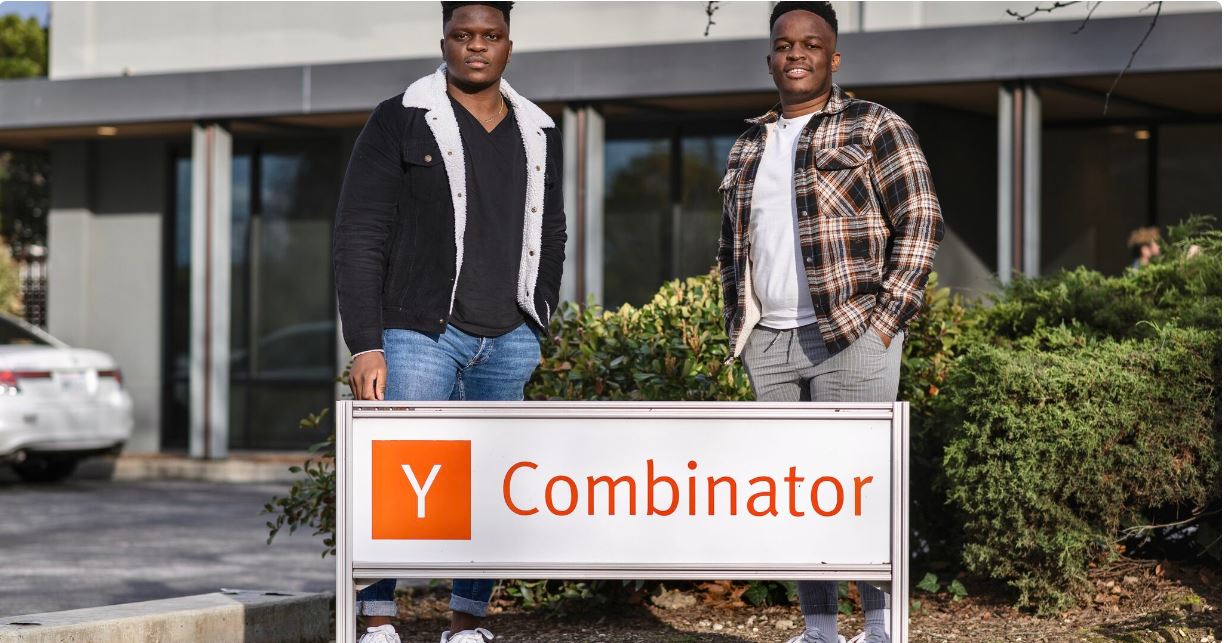Silicon Valley Ocular AI joined Y Combinator in January 2024. The startup lets customers explore, display, and act on their work and engineering tools and data in one place.
Founded in 2024 by Zambian Microsoft veteran Micheal Moyo (CEO) and Zimbabwean Google software engineer Louis Murerwa, Ocular AI combines their abilities.
Murerwa claims to be one of the first Zimbabweans approved via Y Combinator. However, Ocular AI’s market focus is unknown.
Read also: ALX to teach software engineering to 50,000 African women
How it all started
Moyo: “Ocular AI aims to transform how teams use labour, engineering tools, and data. Louis and I learned the challenges of information access, data, and tool discovery across many SaaS applications in the workplace and engineering at Microsoft and Google.”
In 2017/2018, Moyo and Murerwa received full Dartmouth College scholarships and moved to Boston. While Murerwa studied computer science, Moyo studied biomedical and computer engineering. There, they met.
After graduation, Moyo got a coveted Microsoft software engineering job using his undergraduate internships at Novartis and Microsoft. A passionate social impact advocate, he founded The MentalLiberty Foundation in Lusaka to eliminate mental healthcare disparities in Zambia with grants of over $15,000. Qurre Health and Ipahive, a Zambian fintech that empowers African businesses through APIs and SME funding, were his enterprises.
“Having worked at Microsoft and Google, Louis and I experienced first-hand the complexities of navigating information access, data, and tool discovery across multiple SaaS tools both in the general workplace and engineering,” Moyo added.
Murerwa gained large-scale software development skills from two Google internships. He then worked full-time as a software engineer for two years. After working at Google in New York, he moved to San Francisco in January 2024.
“My co-founder and I founded Ocular AI to change how teams use work, engineering tools, and data. “Google and Microsoft made it hard to know what was happening, when, where, and how it affected other teams,” Murerwa said on LinkedIn.
Ocular AI, yet young, aims to improve workplace efficiency by automating operations and improving information availability. Their platform unites a company’s SaaS apps, cloud infrastructure, tools, dashboards, and data. AI facilitates “generative knowledge discovery,” letting people search, visualise, and get insights from their data.




